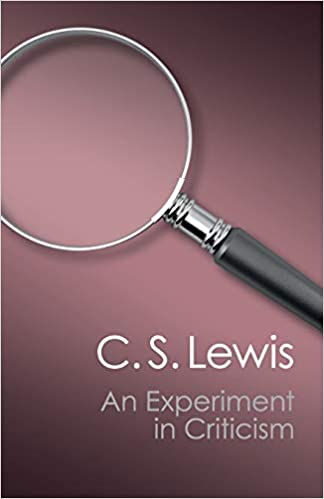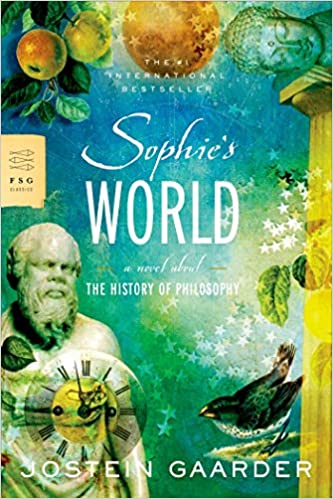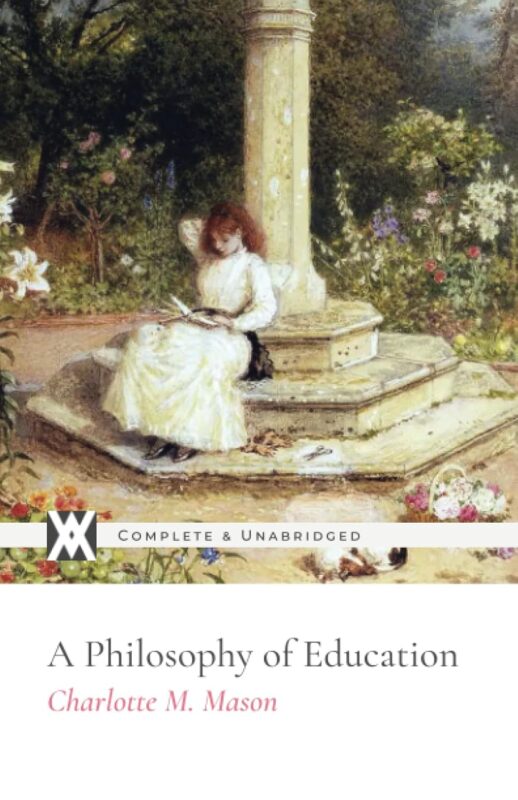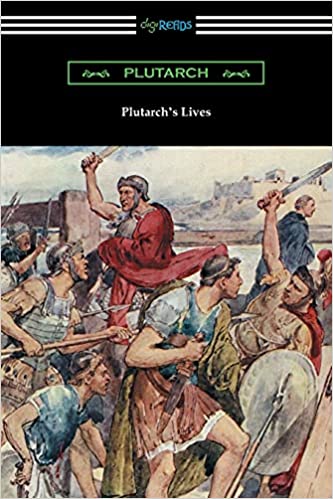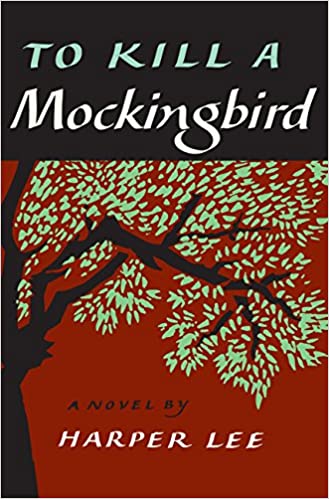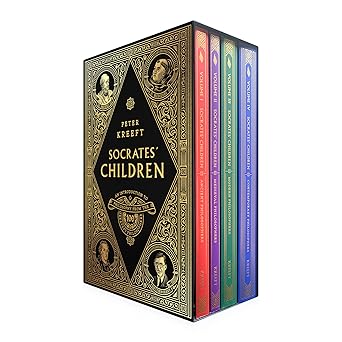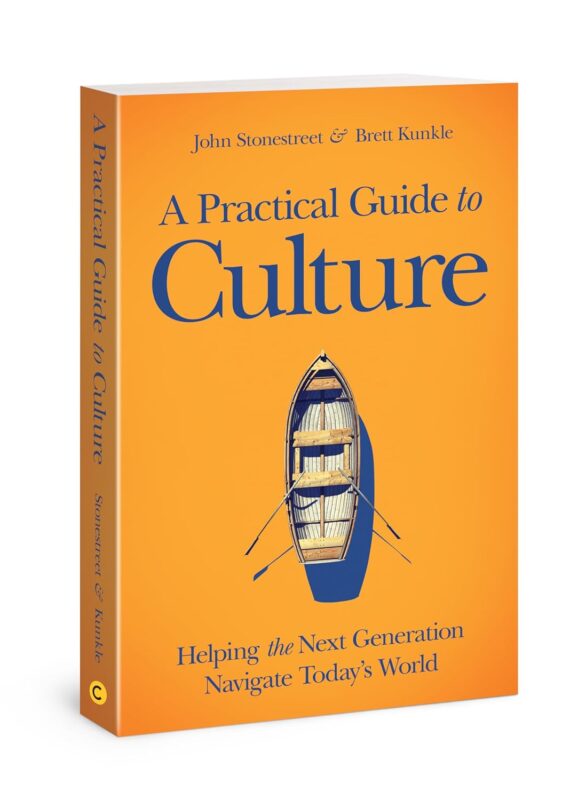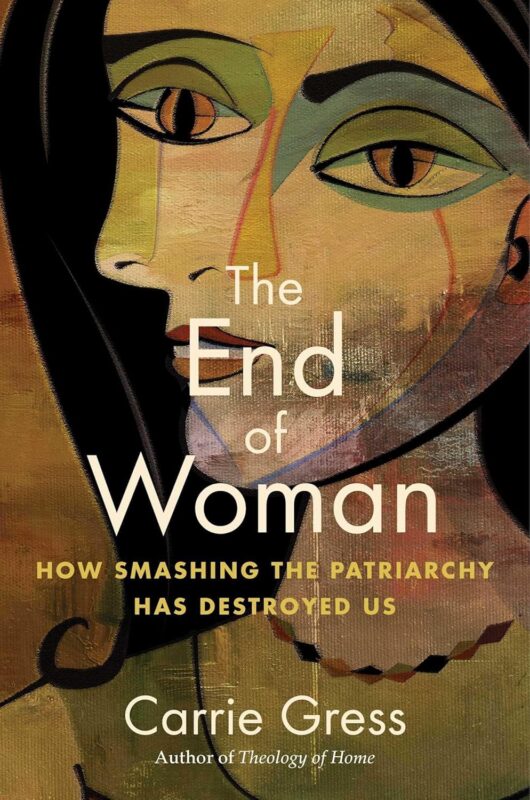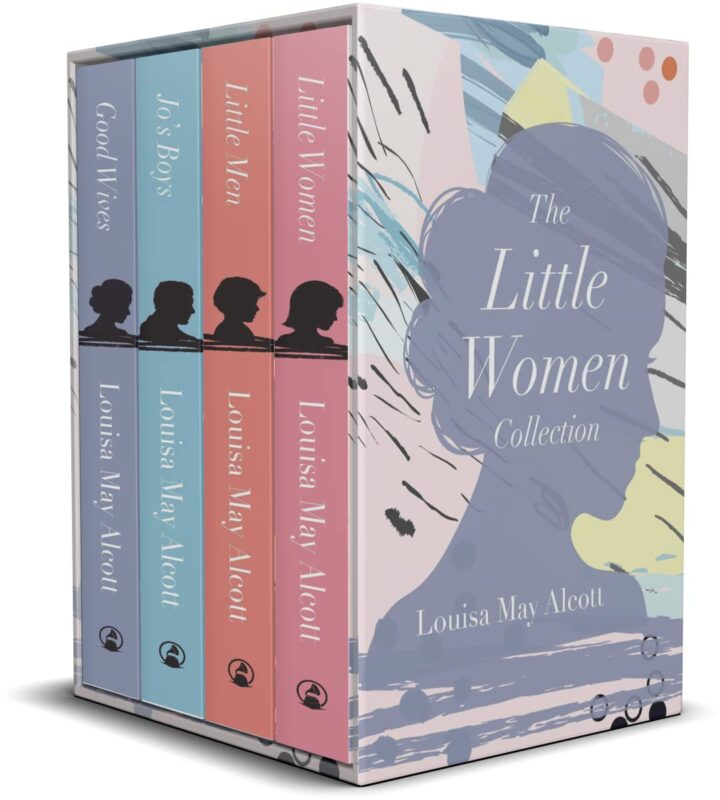An Experiment in Criticism
Why do we read literature and how do we judge it? C. S. Lewis's classic An Experiment in Criticism springs from the conviction that literature exists for the joy of the reader and that books should be judged by the kind of reading they invite. He argues that "good reading," like moral action or religious experience, involves surrender to the work in hand and a process of entering fully into the opinions of others: "in reading great literature I become a thousand men and yet remain myself." Crucial to his notion of judging literature is a commitment to laying aside expectations and values extraneous to the work, in order to approach it with an open mind. Amid the complex welter of current critical theories, C. S. Lewis's wisdom is valuably down-to-earth, refreshing and stimulating in the questions it raises about the experience of reading.
More info →Sophie’s World
A page-turning novel that is also an exploration of the great philosophical concepts of Western thought, Jostein Gaarder's Sophie's World has fired the imagination of readers all over the world, with more than twenty million copies in print.
One day fourteen-year-old Sophie Amundsen comes home from school to find in her mailbox two notes, with one question on each: "Who are you?" and "Where does the world come from?" From that irresistible beginning, Sophie becomes obsessed with questions that take her far beyond what she knows of her Norwegian village. Through those letters, she enrolls in a kind of correspondence course, covering Socrates to Sartre, with a mysterious philosopher, while receiving letters addressed to another girl. Who is Hilde? And why does her mail keep turning up? To unravel this riddle, Sophie must use the philosophy she is learning―but the truth turns out to be far more complicated than she could have imagined.
More info →Charlotte Mason’s Philosophy of Education (Book 6 of the Home Education Series)
This edition of Charlotte Mason’s Home Education Series is presented complete and unabridged, retaining the pagination of the original to make research and referencing easy. All the books have been fully transcribed and formatted using a clean and easy-to-read font so that there’s no excuse not to read these revolutionary works.Written shortly before her death, A Philosophy of Education represents Charlotte Mason’s final thoughts after a lifetime spent thinking on education. Containing the final version of the 20 principles on which her method is based this book is a great place to start for parents of older children.
More info →Plutarch’s Lives (Volumes I and II)
“Lives” is a series of biographies of famous Greeks and Romans by the ancient Greek historian Plutarch who lived during the first and second century AD. The work consists of twenty-three paired biographies, one Greek and one Roman, and four unpaired, which explore the influence of character on the lives and destinies of important persons of Ancient Greece and Rome. Rather than providing strictly historical accounts, Plutarch was most concerned with capturing his subjects common moral virtues and failings. This volume includes the complete “Lives” in which you will find the biographies of the following persons: Theseus, Romulus, Lycurgus, Numa Pompilius, Solon, Poplicola, Themistocles, Camillus, Pericles, Fabius, Alcibiades, Coriolanus, Timoleon, Æmilius Paulus, Pelopidas, Marcellus, Aristides, Marcus Cato, Philopœmen, Flamininus, Pyrrhus, Caius Marius, Lysander, Sylla, Cimon, Lucullus, Nicias, Crassus, Sertorius, Eumenes, Agesilaus, Pompey, Alexander, Cæsar, Phocion, Cato the younger, Agis, Cleomenes, Tiberius Gracchus, Caius Gracchus, Demosthenes, Cicero, Demetrius, Antony, Dion, Marcus Brutus, Aratus, Artaxerxes, Galba, and Otho. Plutarch’s “Lives” remains today as one of the most important historical accounts of the classical period. This edition is printed on premium acid-free paper.
More info →To Kill a Mockingbird
One of the most cherished stories of all time, To Kill a Mockingbird has been translated into more than forty languages, sold more than forty million copies worldwide, served as the basis for an enormously popular motion picture, and was voted one of the best novels of the twentieth century by librarians across the country. A gripping, heart-wrenching, and wholly remarkable tale of coming-of-age in a South poisoned by virulent prejudice, it views a world of great beauty and savage inequities through the eyes of a young girl, as her father—a crusading local lawyer—risks everything to defend a black man unjustly accused of a terrible crime.
More info →Socrates’ Children Box Set
Peter Kreeft, esteemed philosophy professor and author of over eighty books, has taught college philosophy for sixty years. Throughout those decades, he yearned for a beginner's philosophy text that was clear, accessible, enjoyable, and exciting (perhaps even funny). Finding none that met those criteria, he eventually decided to write it himself.
In this four-volume series, Kreeft delivers, with his characteristic wit and clarity, an introduction to philosophy via the hundred greatest philosophers of all time. Socrates’ Children examines the big ideas of four major eras―ancient, medieval, modern, and contemporary―and immerses the reader in the “great conversation,” the ongoing dialogue among the great thinkers of history, including the most influential philosopher of all: Socrates, the father of Western philosophy.
Volume I: Ancient Philosophers investigates the foundations of philosophy laid by the ancient sages, Greeks, and Romans and introduces the philosophers who asked the first great philosophical questions―about good and evil; truth and falsehood; wisdom, beauty, and love; and the self, the world, and God.
Volume II: Medieval Philosophers studies the transformation of philosophy that came about due to an unprecedented figure―Jesus Christ―and considers the philosophers of the great monotheistic religions of Judaism, Christianity, and Islam as they sought to marry the Greek philosophical tradition with divine revelation.
Volume III: Modern Philosophers explores a philosophical world caught up in the spirit of the Enlightenment―a time of both scientific discovery and social upheaval―and examines the philosophers who sought above all to answer the great questions of epistemology and politics: What is knowledge? How can we be certain? What is society? What is its greatest good?
Volume IV: Contemporary Philosophers surveys the great philosophers of the nineteenth and twentieth centuries, an era of the splintering of philosophy into a variety of schools. Some, disconnected from the past, rebelled against the very endeavor of philosophy, but others, seeking to revitalize ancient conversations, returned to and renewed the deepest questions of meaning, happiness, and the human person.
More info →A Practical Guide to Culture: Helping the Next Generation Navigate Today’s World
We don’t have to lose the next generation to culture. In this practical guide, John Stonestreet and Brett Kunkle explore questions including:
- What unseen undercurrents are shaping twenty-first-century youth culture?
- Why do so many kids struggle with identity?
- How do we talk to kids about same-sex marriage and transgenderism?
- How can leaders steer kids away from substance abuse and other addictions?
- How can we ground students in the biblical story and empower them to change the world?
With biblical clarity, this is the practical go-to manual to equip kids to rise above the culture.
More info →The End of Woman: How Smashing the Patriarchy Has Destroyed Us
Feminism doesn’t empower women. It erases them.
The bestselling author of Theology of Home, Carrie Gress shows that fifty years of radical feminism have solidified the primacy of the traditionally male sphere of life and devalued the attributes, virtues, and strengths of women.
Feminism, the ideology dedicated to "smashing the patriarchy," has instead made male lives the norm for everyone. After fifty years of radical feminism, we can’t even define "woman." In this powerful new book, Carrie Gress says what cannot be said: feminism has abolished women.
Hulking "trans women" thrash female athletes. Mothers abort their baby girls. Drag queens perform obscene parodies of women. Females are enslaved for men's pleasure—or they enslave themselves. Feminism doesn’t avert these tragedies; it encourages them. The carefree binge of self-absorption has left women exploited, unhappy, dependent on the state, and at war with men. And still, feminists cling to their illusions of liberation.
But there are real answers. Real answers for real women. Carrie Gress—a wife, mother, and philosopher—punctures the myth of feminism, exposing its legacy of abuse, abandonment, and anarchy. From the serpent’s seduction of Eve to Mary Shelley's Frankenstein to Kate Millett’s lust, violence, and insanity to Meghan Markle’s havoc-ridden rise to royalty, Gress presents a history as intriguing as the characters who lived it. The answers women most desperately need, she concludes, are to be found precisely where they are most afraid to look.
Only a rediscovery of true womanhood—and motherhood—can pull our society back from the brink. And happiness is possible only if women are open to making peace with men, with children, with God, and—no less difficult—with themselves. For feminism’s victims, Gress is a welcoming voice in the darkness: The door is open. The lights are on. Come home.
More info →Little Men
Two homeless boys from Boston find themselves at Plumfield, a rural boarding school run by Jo and her husband, Mr Bhaer. From boisterous pillow fights on designated Saturdays to learning how to run a business, life at Plumfield is an unconventional but effective education at all times.
More info →
